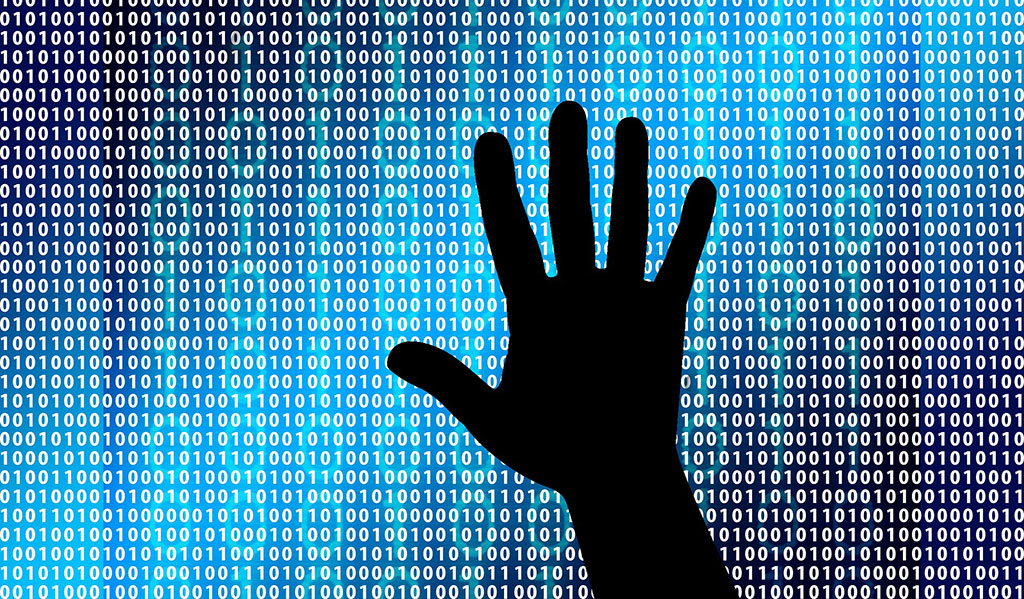This laptop running some of the most dangerous malware ever created is up for auction
It's also running Windows XP.

A Samsung NC10-14GB 10.2-Inch Blue Netbook, running some of the most dangerous malware threats ever created, is up for auction.
If you were an avid PC user in the early 2000's, then you probably remember all sorts of malware, viruses, worms and trojans that seemed to pop up too fast for anti-virus software to keep up. This laptop, which has been isolated and airgapped to prevent the spread of the malware, contains six of 'em that have caused a collective $95B in damages over the years. (The effectiveness of airgapping is questionable, however.)
- WannaCry: in May 2017, this ransomware cryptoworm caused a worldwide attack that demanded ransom payments in the Bitcoin cryptocurrency, affecting over 200,000 computers in over 150 countries.
- BlackEnergy: has been around since 2007. It first generated bots to execute distributed denial-of-service (DDoS) attacks that were distributed via email spam, but later evolved into dropping an infected DLL component directly to the local application data folder. This version of the malware was responsible for a massive blackout in Ukraine in December 2015.
- ILOVEYOU: first appeared in May 2000 and spread by sending an email to every single person in your contact list with the attachment 'LOVE-LETTER-FOR-YOU.txt.vbs.' Opening the attachment would start a script that would overwrite random types of files, like Office files, image files, and audio files.
- Mydoom: started in January 2004 and is still the fastest-spreading email worm ever, even faster than ILOVEYOU. It mainly sent junk email through infected computers, but appeared as a transmission error.
- Sobig: is both a worm and trojan that first started infecting computers in August 2003 via email. It deactivated itself on September 10, 2003, and as of 2018 it's the second fastest spreading worm. The perpetrator still has not been caught.
- DarkTequila: has been around since 2013, affecting computers primarily in Latin America. It steals bank credentials, corporate data, and personal information from computers and is transmitted through spear phishing and infected USB flash drives. It's able to detect if it's on a genuine computer versus a quarantined analysis environment.
Now, it's illegal to sell malware for operational purposes in the United States, but it seems like the seller is getting around that by calling it art. This infected laptop is called 'The Persistence of Chaos' and was created by contemporary artist Guo O Dong in collaboration with Deep Instinct, a cyber security company that uses deep learning to protect computers from unknown malware threats in real-time. Speaking to Forbes, Dong says he created this piece because he "wanted to see how the world responds to and values the impact of malware."
Watching the live auction feed feels like looking at a cursed object behind a glass case in a haunted museum, if you believe in that kind of thing. If this laptop actually has all six pieces of malware installed that it claims to, then it might be one of the most menacing piece of tech in existence. But putting his own piece up for auction (starting at $268,000 at the time of this writing), is a strange way to gauge how the world responds to and values the impact of malware.
As noted on the live auction page, if you choose to bid on this laptop, you are "purchasing it for art or for academic reasons" and promise not circulate the malware on it, which seems about as trustworthy as a pinky-swear. I wonder how the malware got on there in the first place. Did Dong put it there? Did Deep Instinct? Whether it's malware or hardware exploits, I'm pretty sure we can all agree that letting anyone have this laptop is like letting Thanos have the Infinity Gauntlet.
Thanks, Forbes.
The biggest gaming news, reviews and hardware deals
Keep up to date with the most important stories and the best deals, as picked by the PC Gamer team.


